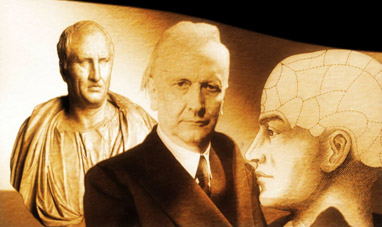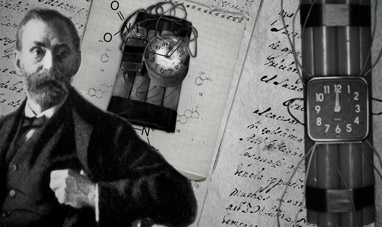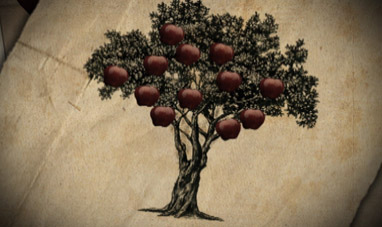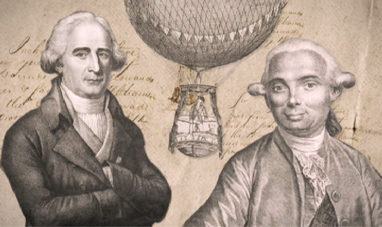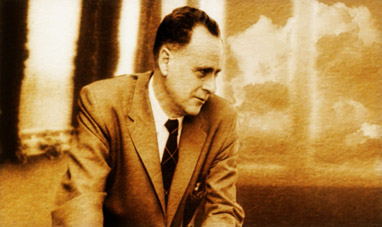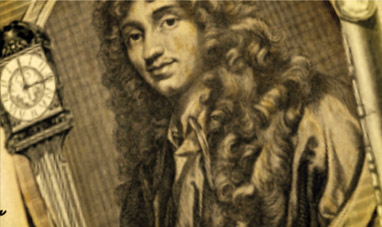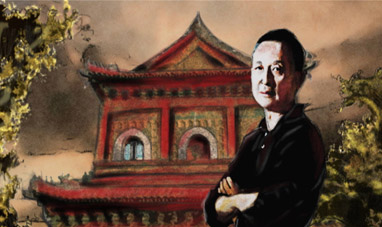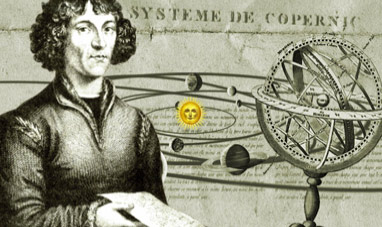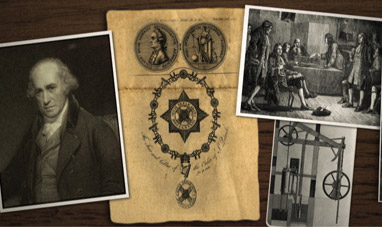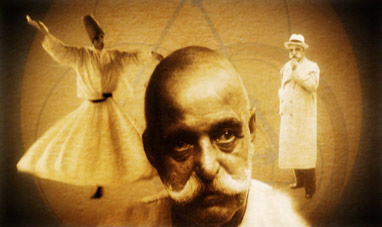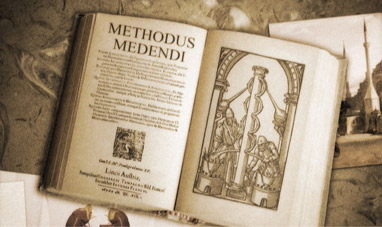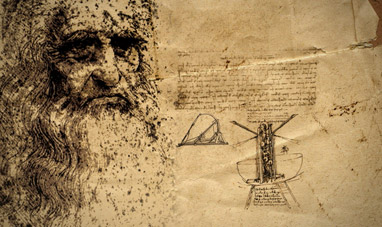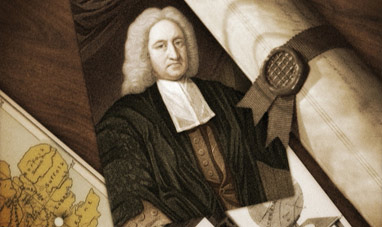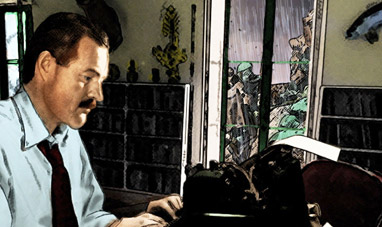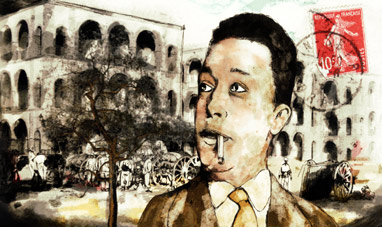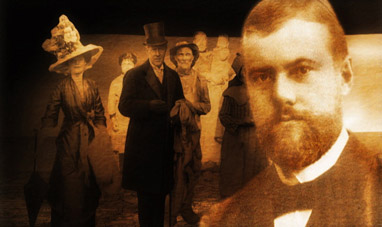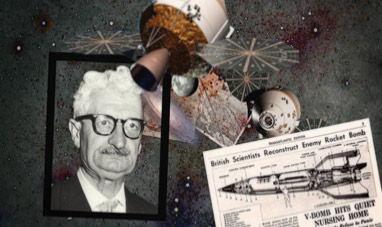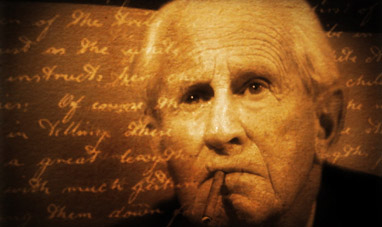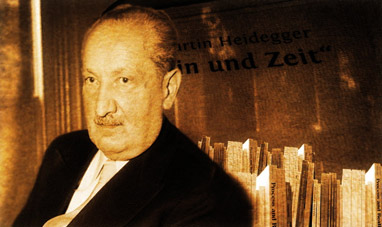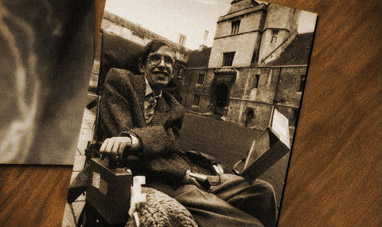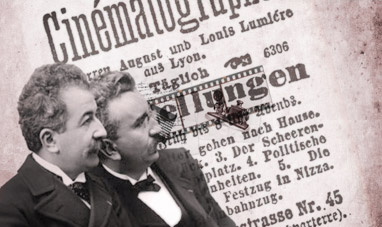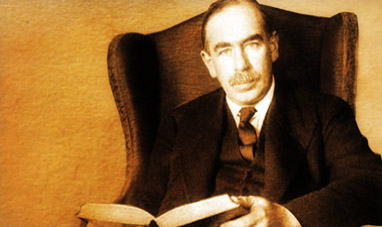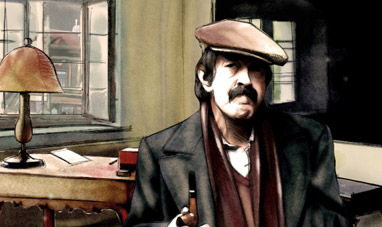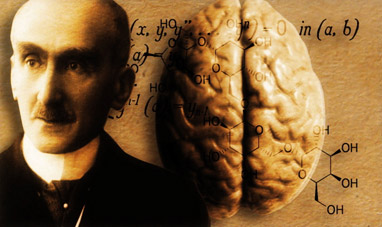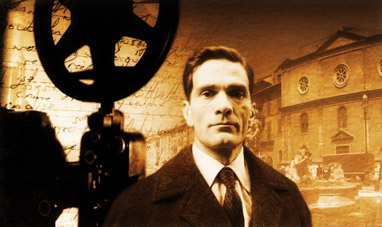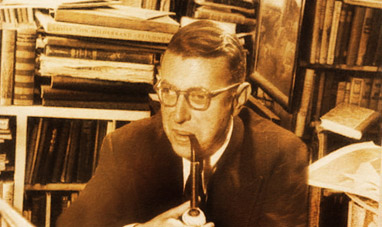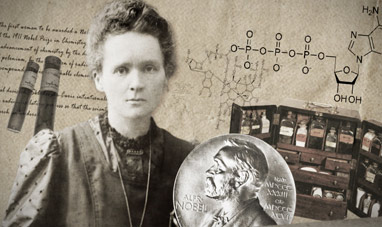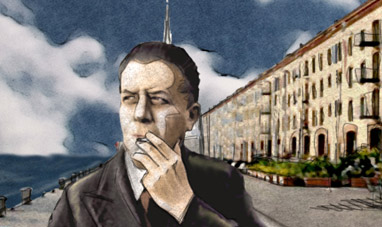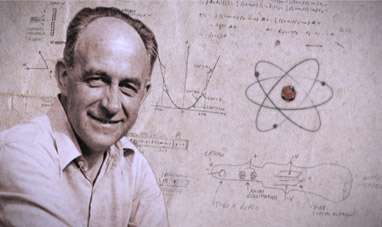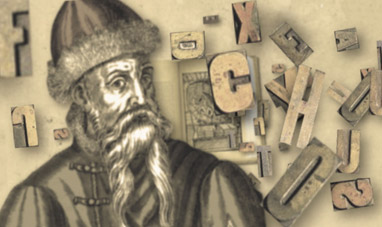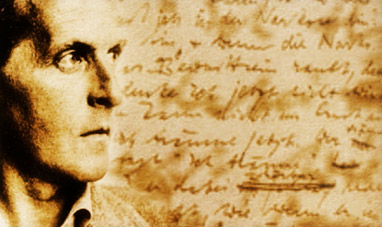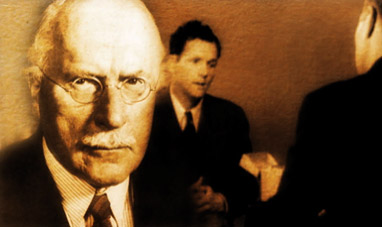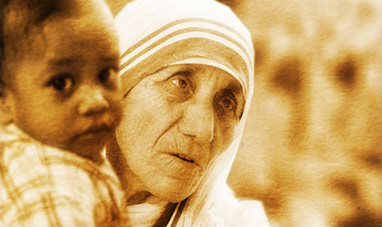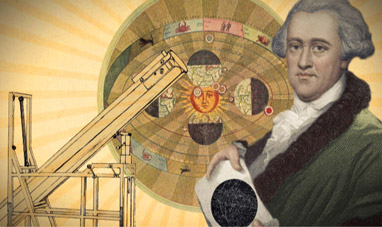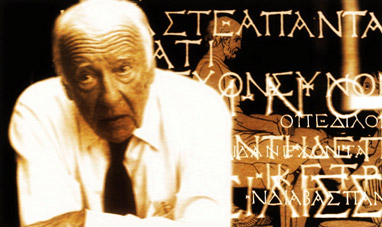Bertrand Russell was an English philosopher and mathematician. He was born in Ravenscroft, in England on May 18, 1872, into an aristocratic family. At 18 he entered Trinity College in Cambridge, where he studied mathematics and philosophy. Following graduation, he became a researcher and a teacher there. Russell showed interest in the logic studies conducted by Gottlob Frege. Frege’s work attempted to trace all mathematics back to pure logic, freeing it from both human experience and intuition. This was made possible by reducing mathematics to a few axioms and basic concepts. But Russell identified an internal contradiction right at the heart of one of these basic concepts, namely in his “set” theory. He illustrated the contradiction through his famous barber paradox.
The paradox describes a village with just one barber who has to shave all those villagers who can’t shave themselves. In this village, it’s not clear who will shave the barber. The barber could shave himself, but by definition he can only shave those who can’t shave themselves. He finds it impossible to shave himself, and therefore is part of the set including those who can’t shave themselves, who are precisely the people he has to shave. Paradoxically, he was at once part of and not a part of the set. Russell solved the puzzle in his Principia Mathematica [1910-1913] with the set theory. This theory established a hierarchy among the sets that prevented different elements from contradicting themselves. Beginning in 1914, inspired by conversations with his student Ludwig Wittgenstein, he worked on the theory of Logical Atomism. Russell felt reality could always be broken up into simple logic elements that found their expression in atomic propositions, in other words elementary phrases such as “Socrates is mortal.”
Russell subjected language to rigorous logical analysis that rendered it similar to mathematical language, thereby making it an effective investigation tool for a more rational understanding of the world. Russell was also committed to political debate: he opposed British intervention in the First World War, a position for which he was expelled from Trinity College and imprisoned for 6 months.He also made important contributions to political ethics. Russell attached great importance to moral freedom and individual thought, contrasting societal conformism. He wrote works addressing these issues, including Marriage and Morals, which earned him the 1950 Nobel Prize for Literature. He was a fervent pacifist. In 1955, together with Einstein, he created a manifesto for reducing nuclear weapons. In the 1960s he denounced war crimes the US committed in Vietnam. Russell died on February 2, 1970 in Penrhyndeudraeth, in Wales. He considered one of the fathers of analytic philosophy, a current of 20th-century thought that viewed philosophic investigation as a form of scientific research.
The paradox describes a village with just one barber who has to shave all those villagers who can’t shave themselves. In this village, it’s not clear who will shave the barber. The barber could shave himself, but by definition he can only shave those who can’t shave themselves. He finds it impossible to shave himself, and therefore is part of the set including those who can’t shave themselves, who are precisely the people he has to shave. Paradoxically, he was at once part of and not a part of the set. Russell solved the puzzle in his Principia Mathematica [1910-1913] with the set theory. This theory established a hierarchy among the sets that prevented different elements from contradicting themselves. Beginning in 1914, inspired by conversations with his student Ludwig Wittgenstein, he worked on the theory of Logical Atomism. Russell felt reality could always be broken up into simple logic elements that found their expression in atomic propositions, in other words elementary phrases such as “Socrates is mortal.”
Russell subjected language to rigorous logical analysis that rendered it similar to mathematical language, thereby making it an effective investigation tool for a more rational understanding of the world. Russell was also committed to political debate: he opposed British intervention in the First World War, a position for which he was expelled from Trinity College and imprisoned for 6 months.He also made important contributions to political ethics. Russell attached great importance to moral freedom and individual thought, contrasting societal conformism. He wrote works addressing these issues, including Marriage and Morals, which earned him the 1950 Nobel Prize for Literature. He was a fervent pacifist. In 1955, together with Einstein, he created a manifesto for reducing nuclear weapons. In the 1960s he denounced war crimes the US committed in Vietnam. Russell died on February 2, 1970 in Penrhyndeudraeth, in Wales. He considered one of the fathers of analytic philosophy, a current of 20th-century thought that viewed philosophic investigation as a form of scientific research.

